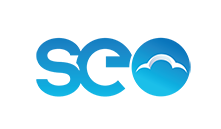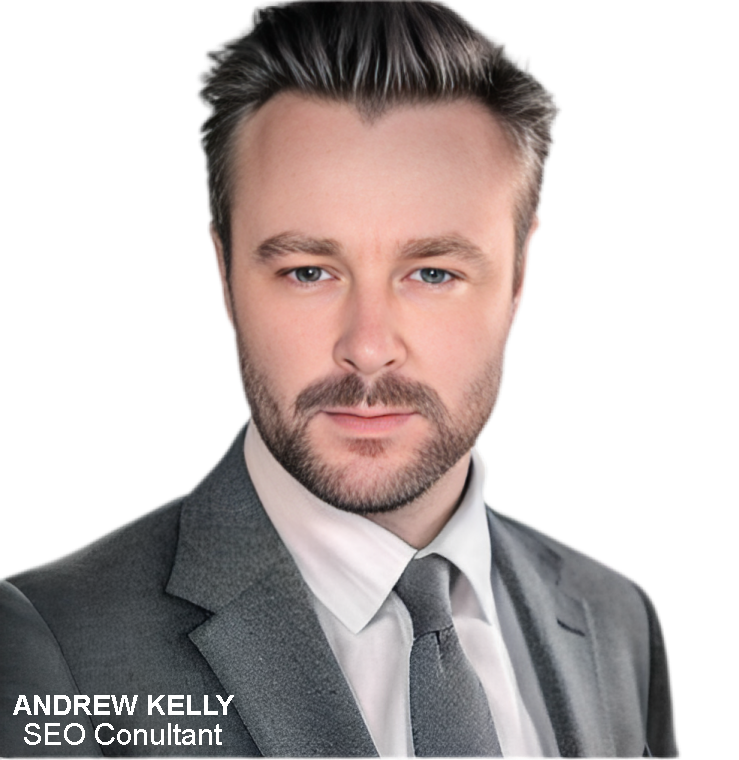

Founder & Director
As a finalist in the Australian Design Award and in various publications my SEO consultancy company has provided competitive prices with measured results. I personally work one on one with my clients to optimise results giving key ingredients to help get your website to the top of Google. My brand experience includes Monash university, Silvertop Taxi, Mercedes Benz and True Value Solar which I was the digital marketing manager. I am accessible, reliable and genuinely care for your business, if your business needs a kickstart with some nice graphic design, web design or SEO, get in touch today.
The Pros and Cons of Using Canonical Tags for SEO
Canonical tags are an essential component of Search Engine Optimization (SEO). They play an important role in ensuring that your website’s pages are indexed correctly by search engines. But before we dive into the pros and cons of using canonical tags, let’s first understand what they are and how they work.


What Are Canonical Tags?
Canonical tags are HTML tags that tell search engines which version of a web page is the authoritative or primary version of the page. This is important because search engines often crawl multiple versions of the same page, which can lead to duplicate content issues and confusion about which version of the page should be ranked in search results.
By using a canonical tag, you can avoid these issues and ensure that search engines understand which version of the page you want to be indexed and ranked in search results. The canonical tag is placed in the head section of a web page and specifies the URL of the preferred version of the page.
The Pros of Using Canonical Tags
Canonical tags offer several benefits for SEO, including:
1. Avoid Duplicate Content Issues
As mentioned earlier, search engines can sometimes crawl multiple versions of the same page, which can result in duplicate content issues. Duplicate content can harm your website’s SEO efforts by diluting the authority of your pages and confusing search engines about which version of the page should be ranked in search results.
By using canonical tags, you can avoid these issues by specifying the preferred version of the page. This tells search engines which version of the page to index and rank, which can help improve your website’s SEO performance.
2. Improve Crawl Efficiency
When search engines crawl a website, they have a limited amount of time and resources to crawl and index all of the pages on the site. By using canonical tags, you can help improve crawl efficiency by directing search engines to the most important and relevant pages on your site.
By focusing on the pages that matter most, you can help ensure that they are crawled and indexed quickly and efficiently, which can help improve your website’s overall SEO performance.
The Cons of Using Canonical Tags
While canonical tags offer many benefits for SEO, there are also some potential drawbacks to consider, including:
1. Incorrect Implementation
One of the most significant risks associated with using canonical tags is incorrect implementation. If you don’t set up the canonical tags correctly, it can result in a range of issues, including pages not being indexed or ranked correctly, and even harm your website’s overall SEO performance.


It’s essential to ensure that you set up canonical tags correctly by using the right syntax and specifying the correct URL of the preferred version of the page.
2. Confusion Over Which Version of the Page to Rank
While canonical tags are designed to help search engines understand which version of a page to rank, there is still some potential for confusion. This can occur if there are multiple versions of a page, and they have different content or metadata.
In these cases, search engines may not know which version of the page to rank, which can harm your website’s SEO performance. It’s important to ensure that you have a clear strategy for using canonical tags and understand the potential risks and limitations.





